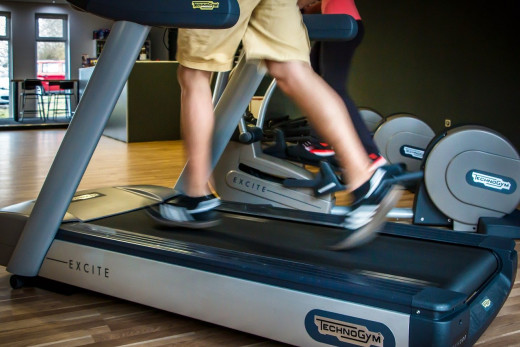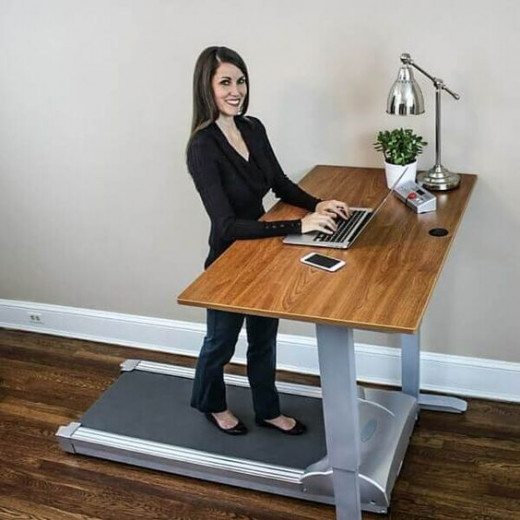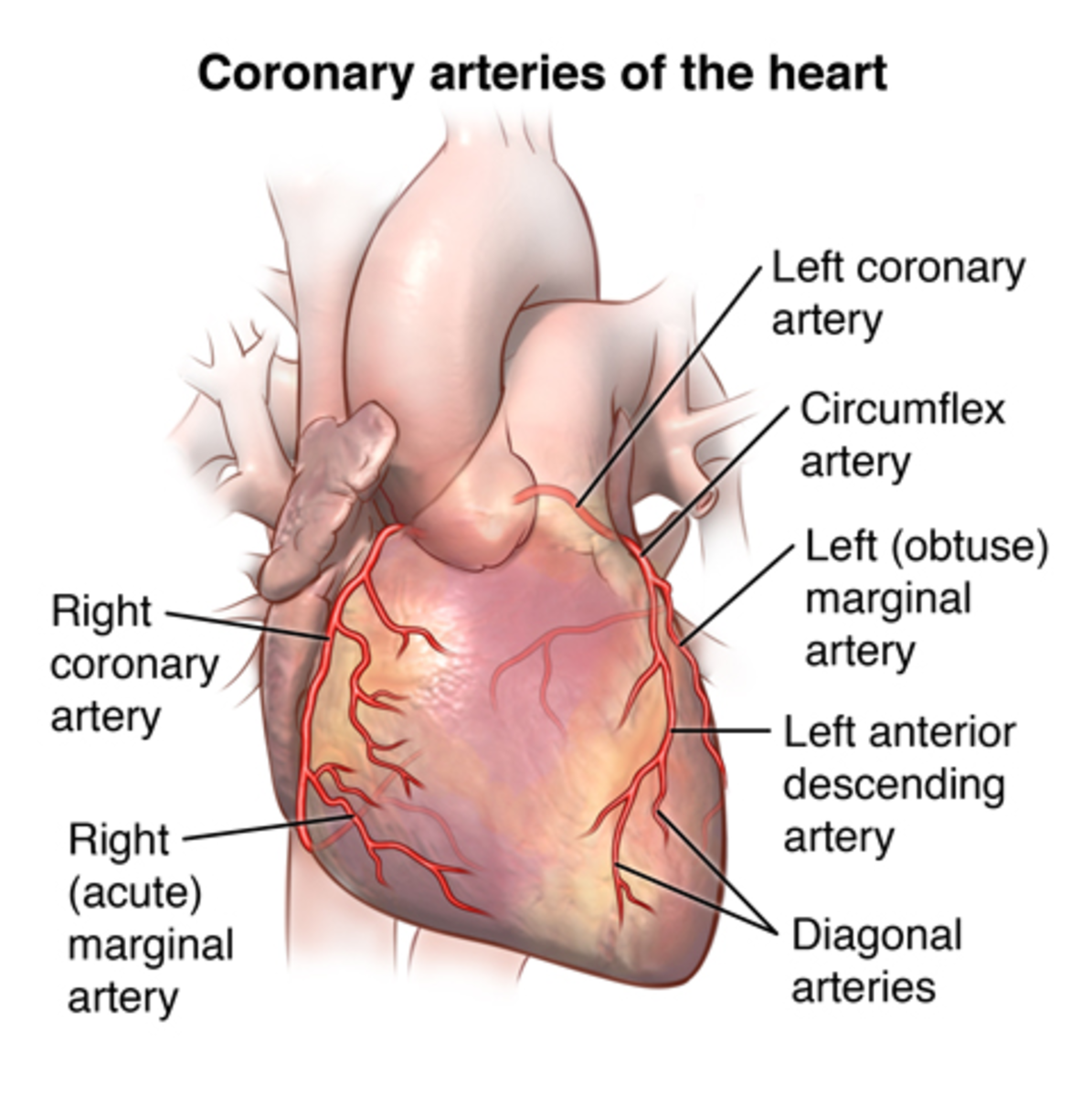Sedentary Life - Same Risk as Smoking

Sedentary Lifestyle
A sedentary lifestyle is now considered to have equal risk to smoking as it negatively impacts health. “The American Heart Association’s current recommendations are “Sit Less, Move More,’
The British Journal of General Practice stated if an alien came to earth this is what they would see, “After 6 million years of hunter-gatherer existence, humans can be observed sheltering in warm rooms, counteracting the tiresome effects of earth’s gravity by slouching on comfortable seats in front of glowing screens, being whisked effortlessly between floors aboard mechanical staircases, even soaring across continents while seated in warm moving boxes.”
Study: Sedentary Lifestyle Worse For Your Health Than Smoking, Diabetes Or Heart Disease
Medical Study by Keith M Diaz, MD
Keith M. Diaz, MD and his team completed a large study over 4 years using 7,985 black and white Americans that were 45 years of age and they were recruited from REGARDS (Reasons for Geographic and Racial Differences in Stroke) study. They used an accelerometer, and they found sedentary participants had more heart disease when the 4 year study concluded. This is not surprising but now it is proven. The participants wore the accelerometer on their right hip, which they wore when they were not in bed for 7 days straight.
Previous studies had only used subjective data, so human error and bias is likely. This study looked at the relationship between the length of sedentary periods of time and the risk of mortality.
The team followed the participants every 6 months over an average of 4 years. During those 4 years, 340 participants died. Those participants had been sedentary for long periods of time. The all-cause mortality had nothing to do with BMI, age, race, sex, cardiovascular risk nor did they do moderate to more vigorous exercise. The participants that had the largest amount of sedentary time were most likely smoking, were older, were black, and many people had diabetes, dyslipidemia, high blood pressure, a higher BMI, atrial fibrillation, a history of heart disease or stroke.
No matter the cause, periods of sitting for 60-90 or more minutes was associated with an increased risk of death. “The interval of 1 to 29 minutes was linked to the least risk of all-cause mortality, which is in line with current physical activity guidelines.”
This study noted that the current guidelines do not specify a way for Americans to reduce the time they spend sitting. Certainly, many jobs are at a desk and computer so people are sitting for long periods of time. The study revealed that more than 77% of waking hours are spent sitting, which is equivalent to 12.3 in 16 hours of being awake. A possible recommendation by Dias is for “30 minutes of sitting, standing up and moving or walking for 5 minutes at a brisk pace to reduce the health risks from sitting.”

University of California Study
In this study 5,000 racially diverse women between 63-97 were studied over a 5 year period of time. The women also wore an accelerometer for a week. The researchers found similar results for these women over this 5 year period. There were 545 cardiovascular events during this study.
A sedentary lifestyle causes heart disease, cancers and the thinning in particular brain regions. A sedentary lifestyle is also connected to the length of time spent sitting on each occasion. Every hour of sedentary time was associated with a 12% risk of multivariable adjusted risk for CVD. The researchers found that exercise did not always eliminate the risk of prolonged sitting time.
The researcher also stated, “a one-hour reduction in sedentary time could reduce CVD risk by 12% for women who are typically sedentary for 8 hours/day as well as for women who are typically sedentary for 12 hours/day.” Working out just on the weekends does not necessarily undo the hours of sitting all week.
One of the mechanisms that may explain this finding is the possibility that sitting reduces muscle movement and blood flow and this reduces any muscle movement, thus blood flow. This problem will also contribute to a problem in metabolizing glucose. If blood vessel function is impaired then it can harm heart cells and other cells.
“The body achieves what the mind believes.”
--Anonymous

Cancers Possibly Caused by a Sedentary Lifestyle
Christing Friedenreich, an epidemiologist at Alberta Health Services-Cancer Care in Canada, stated that 173,000 cancer cases in the U.S., are due to the sedentary lifestyle.
The cancers included:
- Breast cancer - 49,000
- Colon cancer - 43,000
- Lung cancer - 37,200
- Prostate cancer - 30,600
- Endometrial cancer - 12,000
- Ovarian cancer - 1,800
There is no definitive proof that these cancers are caused by inactivity but the numbers and new studies are alarming. One marker that is present is a higher level of C-reactive protein blood level in people who spend much of their time sitting.
We Got a Treadmill Desk - Here's What Happened
Final Thoughts
If you are sitting for long hours at work, rise regularly from 5-6 times each hour or at least move around. Even stretching in your chair or fidgeting is some movement. Frequent small movements may break the sedentary pattern.
If you can take a brisk walk in the morning or evening that will definitely help break the sedentary pattern but you still need to move as often as possible when sitting behind a desk.
If possible, get a gym membership and try to exercise at least every other day. The World Health Organization states that people 18-64 years of age should do at least 150 minutes of moderate-intensity exercise weekly.
References
This content is accurate and true to the best of the author’s knowledge and does not substitute for diagnosis, prognosis, treatment, prescription, and/or dietary advice from a licensed health professional. Drugs, supplements, and natural remedies may have dangerous side effects. If pregnant or nursing, consult with a qualified provider on an individual basis. Seek immediate help if you are experiencing a medical emergency.
© 2019 Pamela Oglesby








